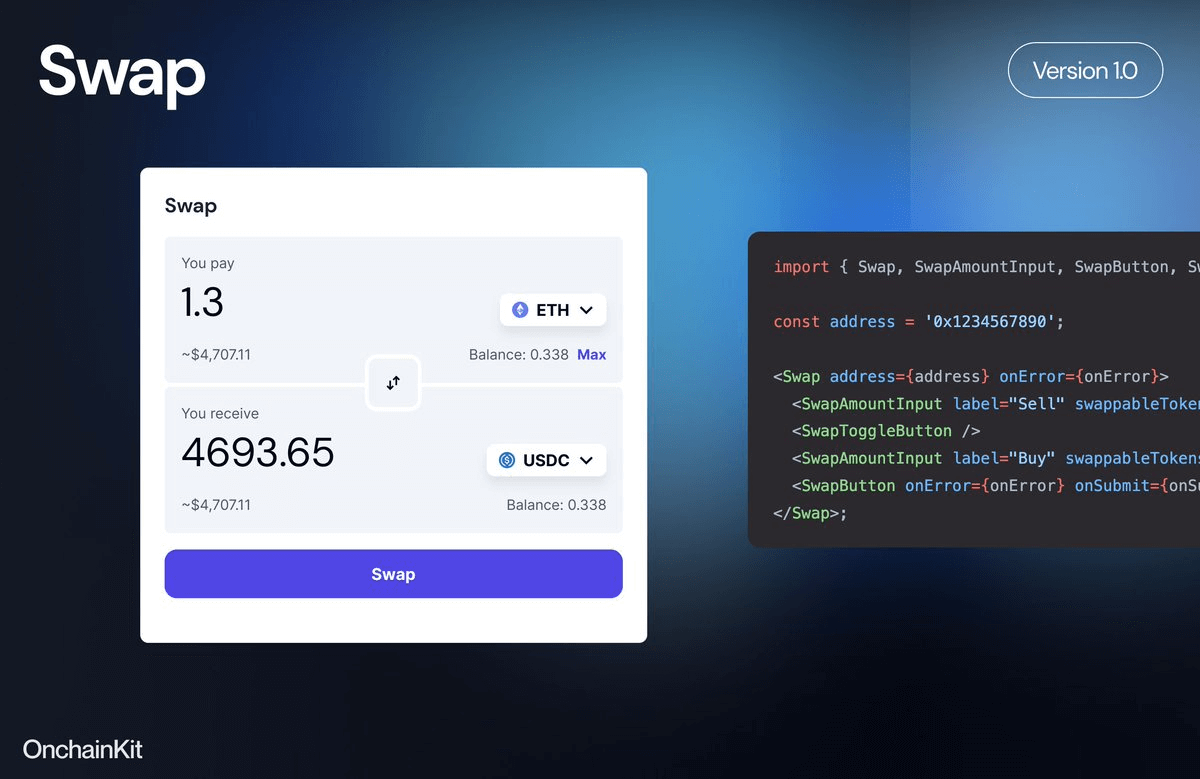So, I was messing around with some NFTs the other day, and something felt off about how casually a lot of folks treat their wallets. Seriously? You’d think with all the hype, people would be a bit more careful. But nope, I keep seeing stories about folks losing thousands because of sketchy storage habits. Here’s the thing. It’s not just about owning cool digital art anymore; it’s about safeguarding your entire digital identity.
At first glance, a wallet is just a tool, right? But then I realized it’s more like your vault—your personal fortress in the wild west of crypto. And yeah, that includes NFTs, cryptocurrencies, and all the digital assets in between. You wouldn’t leave your house keys under the doormat; why toss your private keys around?
Whoa! Check this out—there’s a wallet I’ve been using for a while that feels both secure and user-friendly. I’m talking about Coinbase Wallet. You can actually download it easily from https://sites.google.com/mycryptowalletus.com/coinbasewalletdownload. It’s not perfect, but for the average user, it balances safety with convenience pretty well.
Now, I’m biased, but here’s why I like it: the app doesn’t store your private keys on a centralized server. That means you keep control. On the other hand, if you’re careless with your recovery phrase, well, that’s on you. It’s a delicate balance, and most people don’t realize how easy it is to mess up.
Something else bugs me about the NFT marketplace. It’s booming, no doubt. But with that boom comes a surge in scams and phishing attempts. People buy shiny digital collectibles, then they get hit with malware or fake sites aiming to steal their keys. So, yeah, a secure wallet is just the first step. You gotta stay sharp—always double-check those URLs, and never share your seed phrase.

Balancing Convenience and Security in Crypto Storage
Okay, so check this out—there’s always a tradeoff. The more secure you get, often the less user-friendly things become. Cold wallets like hardware devices offer top-notch security, but not everyone wants to carry around a gadget or deal with complicated set-ups. That’s where wallets like Coinbase Wallet come in—mobile-friendly, easy to use, and still pretty secure for daily use.
Initially, I thought cold storage was the only way to be safe. But then I realized, on one hand, it’s true that offline storage reduces hacks. Though actually, if you’re trading NFTs regularly or using DeFi apps, cold wallets can be a pain. So, a hot wallet with robust security features might be the sweet spot for many.
Here’s the catch—no solution is 100% bulletproof. Even Coinbase Wallet warns users about phishing risks and urges careful backup practices. And honestly, that’s refreshing. Not every app sugarcoats the risks. It’s a reminder that the onus is on us. My instinct says if you’re not paranoid about your crypto security, you’re probably doing it wrong.
By the way, if you’re hunting for a legit place to download Coinbase Wallet, that link I dropped earlier (https://sites.google.com/mycryptowalletus.com/coinbasewalletdownload) is your best bet. It’s straightforward, no clutter, and avoids the typical scammy download sites you sometimes stumble upon.
Hmm… I remember a friend who lost an NFT collection worth thousands just because he clicked a suspicious link. It was a classic phishing attack. This stuff isn’t just theory—it’s real, and it’s happening.
Why NFTs Demand a New Level of Vigilance
NFTs aren’t just images or collectibles. They’re tied to smart contracts, ownership rights, and sometimes even real-world assets. That complexity means you can’t just treat them like your usual crypto coins. Losing access to an NFT can be devastating, not just financially but emotionally too—especially if it’s a rare piece or part of a personal project.
What’s wild is how fast the NFT marketplace evolves. New platforms pop up overnight, each with different security standards. I’m not saying avoid all of them, but rather, don’t jump in blind. Always research, and never store all your assets in one place. Diversification applies to crypto wallets too.
Also, there’s the issue of interoperability. NFT standards like ERC-721 and ERC-1155 mean your wallet has to support a bunch of protocols. Coinbase Wallet does a decent job here, supporting multiple networks, which is crucial if you want to manage various digital assets without juggling multiple wallets.
One thing I keep coming back to is user education. Wallets can only do so much. If you don’t understand what a seed phrase is or why you should never share it, even the best wallet won’t save you. It’s like having a high-tech security system but leaving the front door wide open.
Sure, it’s tempting to chase convenience and quick flips in the NFT game. But if you’re serious about crypto, treating your digital assets with the same care as physical valuables isn’t optional. It’s survival.
Final Thoughts: Staying Ahead in the Crypto Security Game
Look, I’m not gonna pretend I have all the answers. Crypto is still the wild west, and it feels like every day brings a new challenge or scam. But what I can say is this: taking control of your wallet security is step one. Using trusted wallets like Coinbase Wallet (and yes, you can grab it safely from https://sites.google.com/mycryptowalletus.com/coinbasewalletdownload) helps, but it’s not the whole story.
My gut says the folks who’ll win long-term are the ones who combine good tools with smart habits. Keep backups offline, don’t overshare info, and verify everything twice. And always question sudden “too good to be true” offers—99.9% of the time, they’re traps.
In the end, your crypto wallet isn’t just an app; it’s a responsibility. Treat it like your digital life depends on it—because, well, it kinda does.